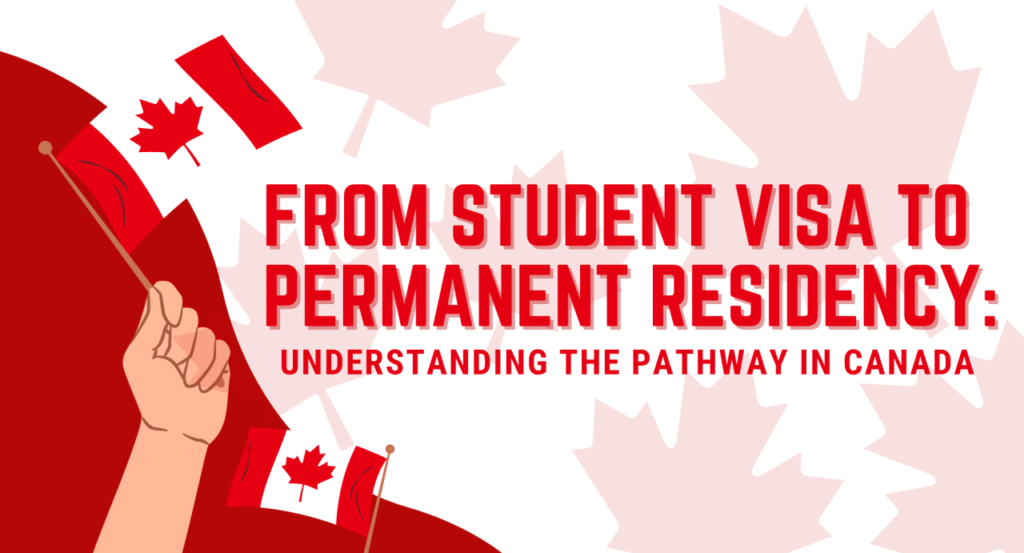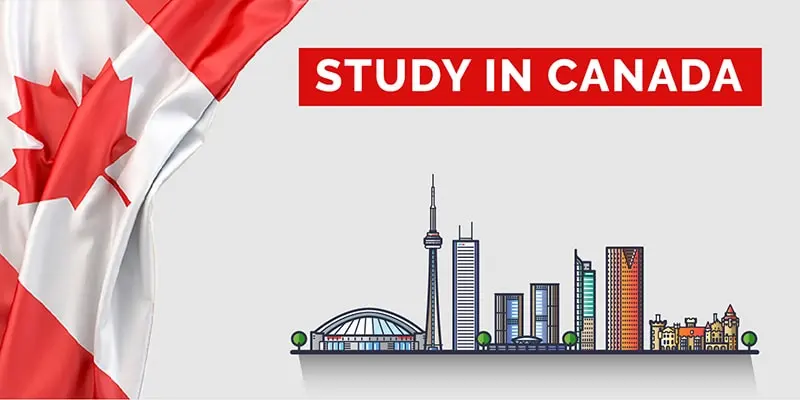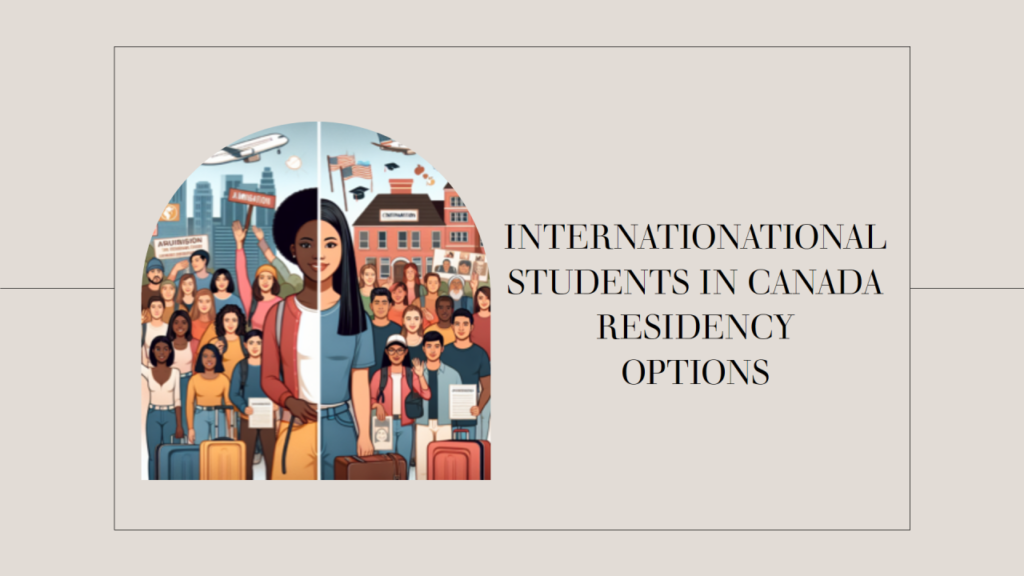
Canada permanent residency
International students have opted to study in Canada due to its renowned universities, multicultural environment, and the chance to gain work experience in a foreign country.
Table of Contents
Obtaining a Canadian education and relevant work experience can also boost a candidate’s likelihood of securing permanent residency (PR) in Canada. Graduates from Designated Learning Institutions (DLIs) are awarded additional points in Canada’s Express Entry system, enhancing their competitiveness in the applicant pool.
However, studying in Canada doesn’t automatically guarantee permanent residency. While the country offers various pathways to work and settle after graduation, these depend on factors such as a candidate’s skills, qualifications, and the occupation they pursue.
In recent months, Canada has adjusted its immigration policies to better align with its labor market needs. These changes, combined with an increasingly competitive pool of applicants, can make the transition from a study permit to permanent residency more challenging.
For international students hoping to make Canada their permanent home, here are some ways to maximize their points.
Stay informed about immigration policy changes
Canada’s immigration policies are often updated to reflect the country’s economic needs.
For students planning to apply for permanent residency in the future, staying informed about eligibility criteria for various programs is crucial.
For instance, earlier this year, the government announced that international students enrolled in study programs under curriculum licensing agreements will no longer be eligible for a Post-Graduation Work Permit (PGWP) upon completion.
This type of program is typically offered by private colleges licensed to deliver the curriculum of a partnered public college, but these programs tend to have less oversight than those at public institutions.
If a student intends to gain Canadian work experience through a PGWP, it’s important to research which study programs will still qualify for the permit upon graduation.

Consider careers in high-demand fields
In 2023, Canada introduced category-specific Express Entry draws to prioritize occupations and skills in demand. These include careers in:
- Healthcare
- Science, Technology, Engineering, and Math (STEM)
- Trades
- Transportation
- Agriculture and agri-food
Students who are still deciding on their career path can explore qualifications within these high-demand fields, provided they have an interest in them.
For example, a student might choose a career in STEM, such as architecture, engineering, data science, or web development, to improve their chances in the Express Entry draw. However, it’s important to note that these categories are subject to change and do not guarantee permanent residency.
Explore Provincial Nominee Programs (PNPs)
Every province and territory in Canada, except Quebec and Nunavut, operates Provincial Nominee Programs (PNPs) to attract skilled workers.
If an international student’s Comprehensive Ranking System (CRS) score is not competitive enough or they don’t qualify for a category-based draw, they can consider whether they are eligible for a provincial nomination.
There are two pathways for immigration through a PNP: one is via Express Entry, where provinces can award candidates an extra 600 CRS points, increasing their chances of receiving permanent residency (a process called enhanced nomination). The other option is applying directly through a PNP stream, known as base nomination.
With more than 80 different provincial economic stream programs available, PNPs offer a valuable opportunity for students seeking permanent residency in Canada through their education and work experience. However, criteria for PNPs can vary depending on the economic needs of each province.

Enhance language skills
Canada recognizes both English and French as official languages, and bilingualism can significantly benefit a PR application.
International students can boost their CRS score by maximizing points in their primary language, which may involve retaking language tests such as IELTS or CELPIP (for English) if they don’t achieve the highest possible score initially.
Learning a second language also earns valuable points that can improve a candidate’s chances of receiving an Invitation to Apply (ITA). In addition, Canada has recently introduced French language proficiency category-based draws, which have been a key focus in 2024 and are expected to remain prominent through 2025 and 2026. To qualify for these draws, candidates must score at least 7 in all four language skills (reading, writing, speaking, and listening) on the Niveaux de compétence linguistique canadien (NCLC).
Verify educational credentials
Canada’s Express Entry system awards points for education. If a student has multiple degrees obtained outside of Canada, they can have them validated by an organization designated by the Canadian government, such as World Education Services (WES).
International students may also consider enrolling in an eligible program or degree within Canada to further enhance their prospects for permanent residency.
Contact us today to schedule a consultation and take the first step towards your success.
Get in touch now with Esse india immigration for more information.
CONTACT US NOW : https://apply.esseindia.com/





